Khmer Circle:
The only reason why Bangkok resists Cambodia's attempt to "internationalise" the dispute is because Thailand stands a far better chance of bullying its weaker neighbour in peace and unscrcutinised by a third party and its judgement. The ICJ's recent and historical rulings over land and Preah Vihear temple disputes have not been in Bangkok's favour and, both Thailand and Vietnam had bypassed Phnom Penh altogether when these two parties negotiated their maritime borders involving Cambodia's territorial sovereignty.
Hanoi - on its part - does not even have to 'resist' any similiar attempts to 'internationalise' Vietnam's perennial encroachments and violations of Cambodia's territorial sovereignty, simply because it still has an indebted and loyal regime in Phnom Penh to do its biddings on its behalf.
^^^
Bangkok’s resistance to Phnom Penh’s attempts to ‘internationalise’ the border dispute is likely to affect the meeting, experts say
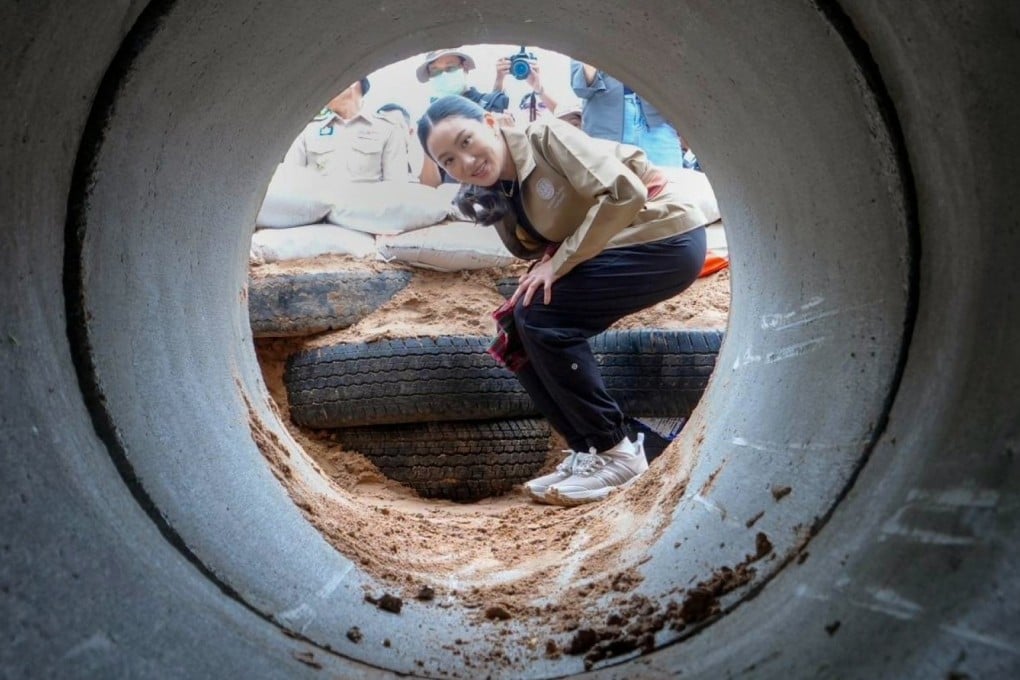
Phnom Penh’s attempts to “internationalise” the issue are also unlikely to be welcomed by Bangkok, according to analysts.
On May 28, Thai and Cambodian troops were involved in a brief skirmish in Thailand’s Ubon Ratchathani province, which borders Cambodia’s Preah Vihear province.
Thailand, meanwhile, has stated its commitment to resolving the issue peacefully in accordance with international law and existing agreements with Cambodia.
The two neighbours have agreed to discuss the issue through the Joint Boundary Commission (JBC) set to be held in Phnom Penh on Saturday.
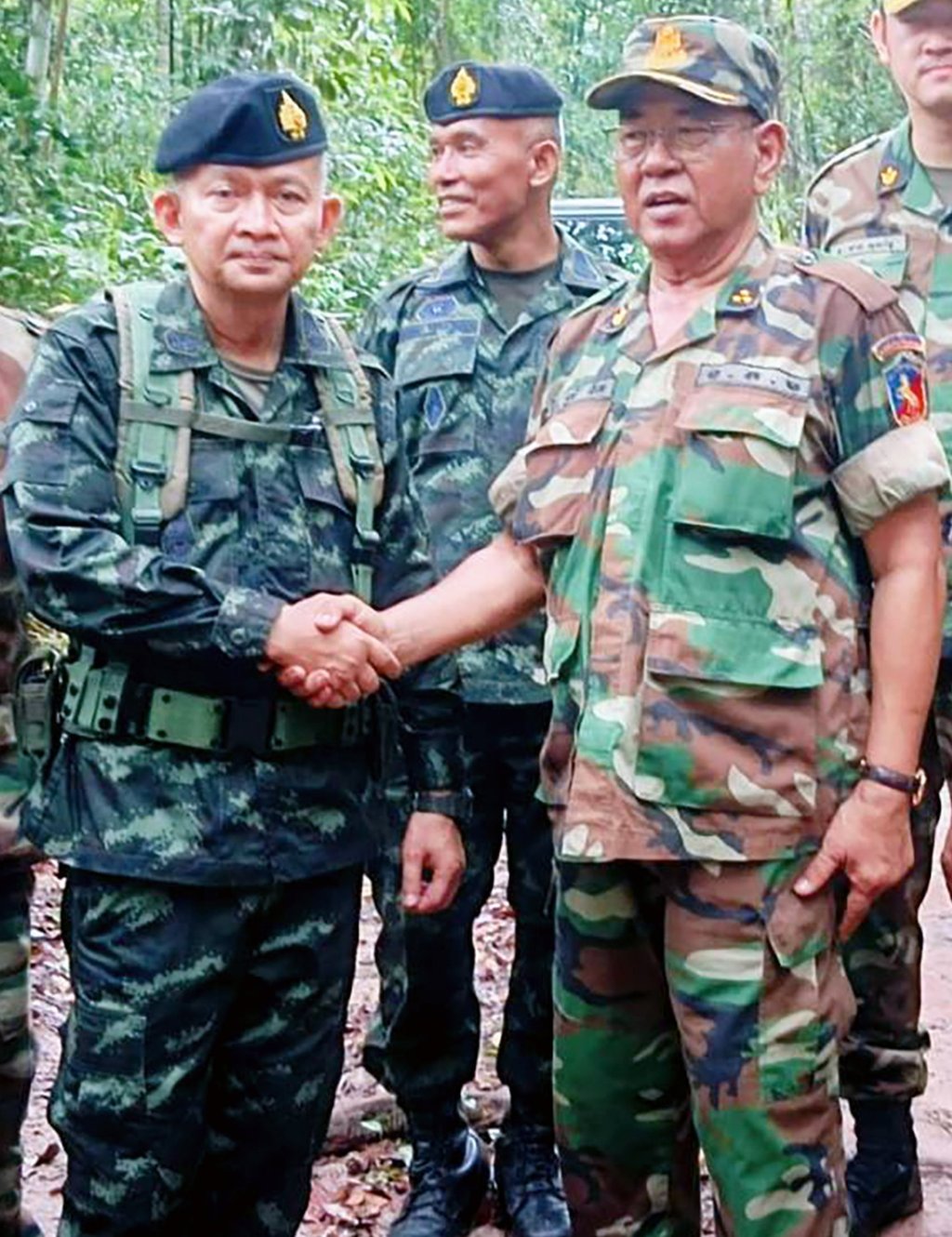
Tensions have been simmering since February, when Cambodian troops were seen to have encroached on an agreed buffer zone, according to Thitinan Pongsudhirak, a political-science professor at Chulalongkorn University.
“[The shooting] sparked what has degenerated into a full-scale, nationalism-fuelled bilateral military and whole-of-society confrontation between the two countries,” he said.
If progress was made during the meeting, it might signal that personal channels between the Hun and Shinawatra families, “who are known to be close”, were working, he added.
On Wednesday, Paetongtarn visited the disputed border area of Kap Choeng district to chair a security meeting in what has been described as a high-profile show of moral support to local officials. Her trip came just a day after she told local media that she had held direct talks with Hun Manet and his father.
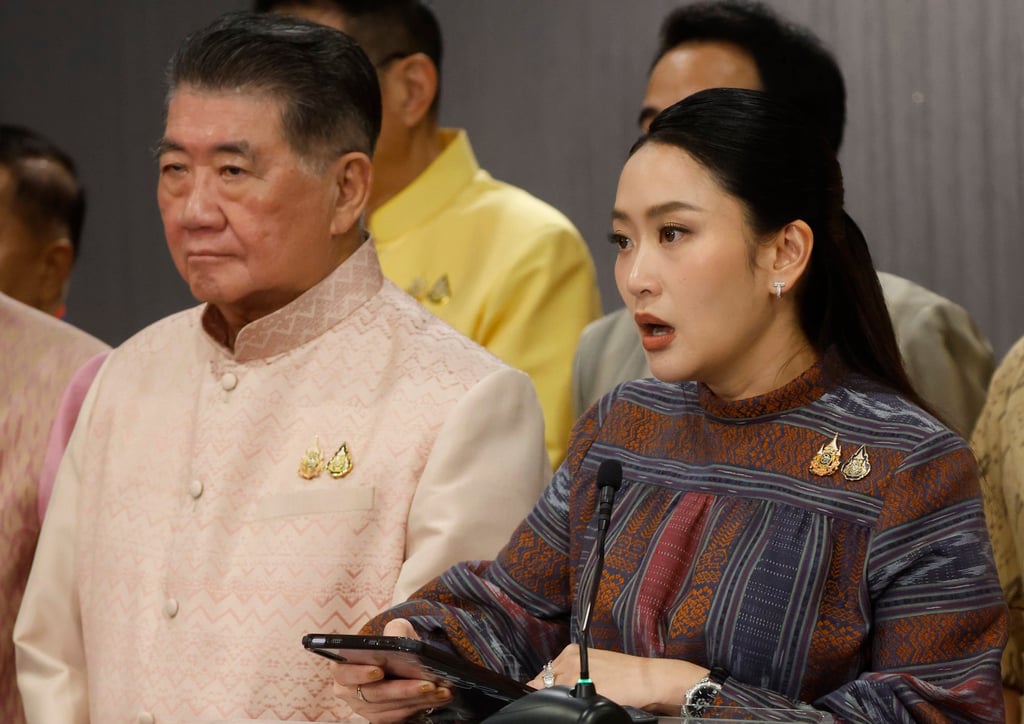
The four disputed sites – Mom Bei area and the temples of Ta Moan Thom, Ta Moan Tauch and Ta Krabei – would not be on the JBC agenda, said Sok Udom Deth, an international relations professor at the Paragon International University in Phnom Penh.
That was because Cambodia had already planned to submit these areas to the ICJ for dispute settlement, Deth said, as it did not have “strong faith” in bilateral negotiations.
However, given Bangkok’s reluctance in accepting the ICJ’s jurisdiction, enforcement of any ruling remained a challenge, he said.
“In a world already unsettled by major power competition, a bilateral conflict would further undermine regional stability and exacerbate the hardships faced by the peoples of the countries involved, especially along the border.”
‘Little more than face-saving agreements’
On Wednesday, Thai Defence Minister Phumtham Wechayachai brushed aside Cambodia’s move to file a case with the ICJ, making it clear that Bangkok would not accept the ICJ’s jurisdiction in such matters.
When asked whether the issue would affect the JBC meeting, Phumtham acknowledged that the dispute was unlikely to be resolved swiftly, the Thai media reported.
Pou Sothirak, a distinguished adviser to the Cambodian Centre for Regional Studies, said a substantive resolution is unlikely from the meeting given the “trust deficit” between the two countries over the JBC, which has no decision-making authority. “However, it is much better to have conflicting parties talk instead of relying on military means.”
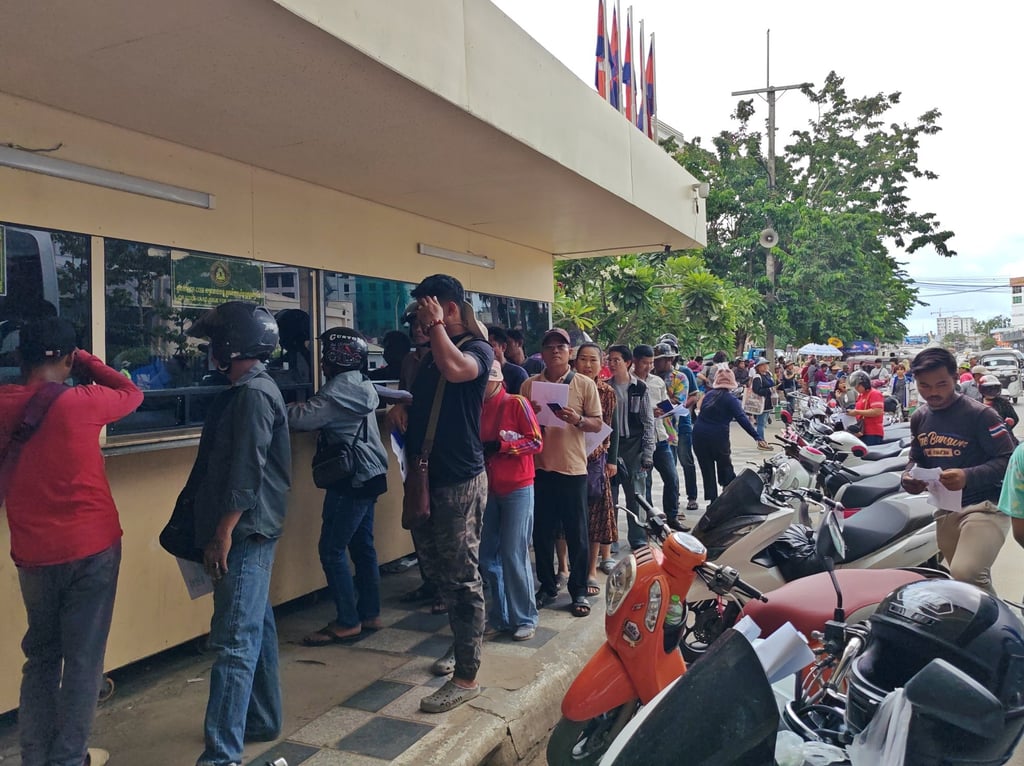
Bangkok stood to “damage its international standing” if it overlooked the ICJ’s ruling, he added.
Prem Singh Gill, a visiting scholar at the Muhammadiyah University of Yogyakarta’s Faculty of Law, said the JBC meeting would likely produce “little more than face-saving agreements to maintain dialogue” while both sides continued their military build-up along the disputed areas.
“The immediate impact of thousands of tourists stranded due to border crossing closures will pressure both governments toward tactical de-escalation, but the strategic impasse remains unchanged.”
While Bangkok would never accept ICJ jurisdiction over what they viewed as sovereign territory, Gill said that Phnom Penh could not retreat from its internationalisation strategy without appearing weak domestically.
“The real outcome will be another round of confidence-building measures and joint patrols that paper over fundamental disagreements until the next inevitable flare-up along this eternally contested frontier,” he added.
The border dispute has its origins in a settlement between the Kingdom of Siam and the French colonial government in Cambodia a century ago that saw the Preah Vihear temple awarded to Cambodia.
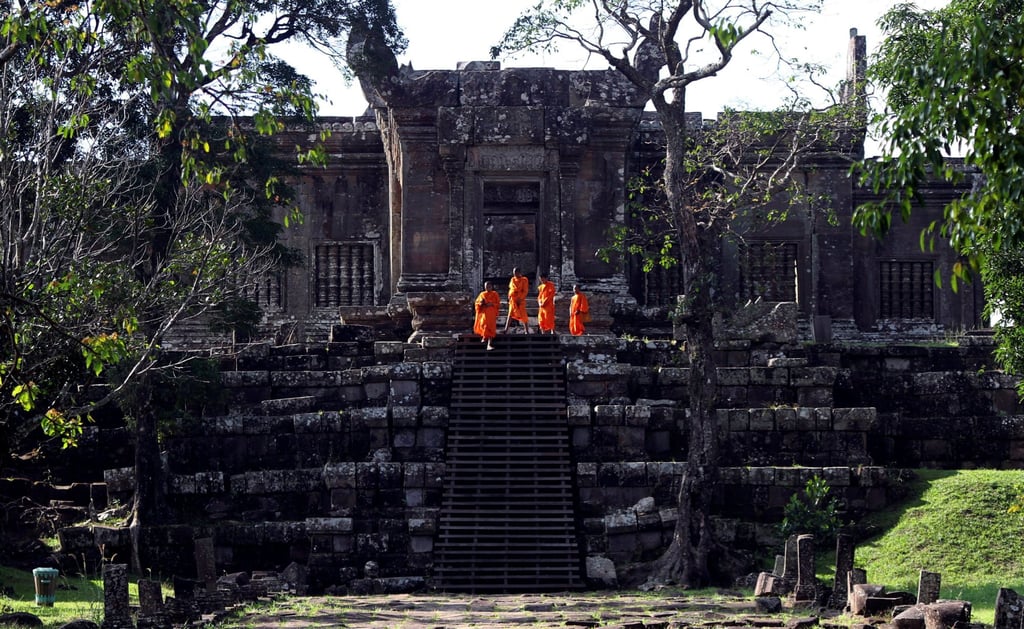
In 1962, the ICJ reaffirmed Cambodia’s sovereignty over the temple, but failed to rule on adjoining territory; in 2008, the listing of the temple as a UN World Heritage site sparked a new series of disputes resulting in violent clashes.
Describing the ICJ’s 1962 verdict – a “decisive nine to three vote” – as a “bitter irony”, Gill said the victory has become Cambodia’s “strategic curse”.
“Thailand learned never again to subject its territorial claims to foreign judges,” he said. “[Bangkok] would rather risk a brief border war than endure another humiliating ICJ defeat”.

No comments:
Post a Comment